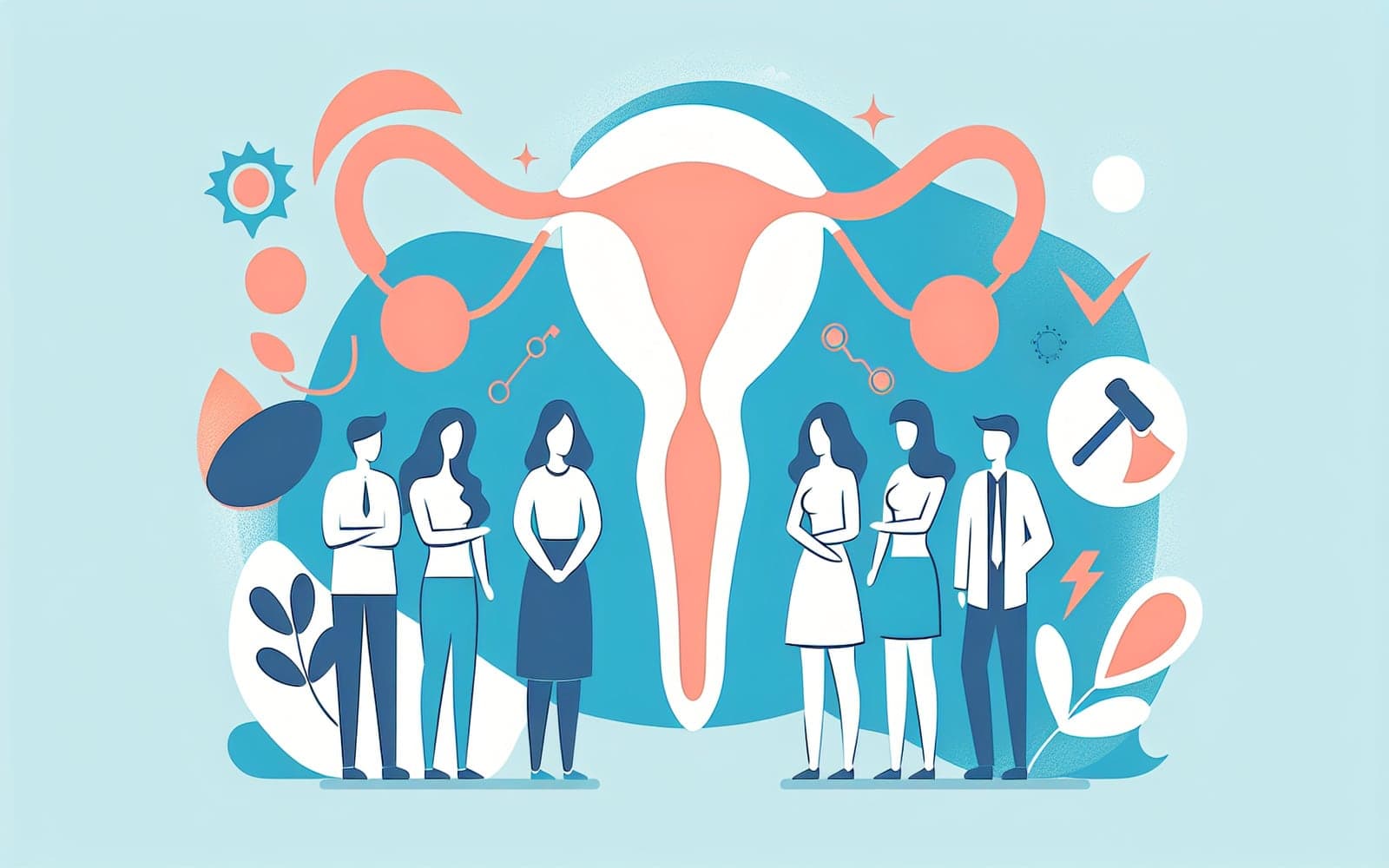Preventing Cystitis: 7 Tips to Keep Your Bladder Healthy
Published: Dec 13, 2023

Medically reviewed by Jerome Albert Ecker | MD, Assistant Professor of Medicine, Duke University - Durham, NC on December 13th, 2023.
While cystitis is common, there are several steps you can take to reduce your risk of developing this uncomfortable bladder infection. Let's explore some effective prevention strategies.
Contents
Hydration is Key
Drinking plenty of water helps flush bacteria out of your urinary system. Aim for 6-8 glasses of water a day, more if you're active or in hot weather. While it's tempting to cut back on fluids to reduce bathroom trips, this can actually increase your risk of infection.
Bathroom Habits Matter
Always wipe from front to back after using the toilet to prevent bacteria from the anal area reaching the urethra. Urinate shortly after sexual activity to help flush out any bacteria that may have entered the urethra. Don't hold your urine for long periods - when you feel the urge to go, listen to your body.

Rethink Your Personal Care
Avoid using harsh soaps, douches, or sprays in the genital area as these can irritate the urethra and alter the natural balance of bacteria. Consider switching to cotton underwear and avoid tight-fitting pants, which can trap moisture and promote bacterial growth.
Frequently Asked Questions
Some spermicides and diaphragms may increase risk; consider alternatives if you get frequent UTIs.
Yes, change tampons and pads regularly and maintain good hygiene to reduce infection risk.
Some studies suggest probiotics may be beneficial, but more research is needed.
Yes, it helps flush out bacteria that may have entered the urethra during sexual activity.
Key Takeaways
While these strategies can help reduce your risk, they don't guarantee you'll never get cystitis.
Wondering about more personalized prevention strategies for cystitis? Chat with Doctronic to develop a plan that works for you.Related Articles
References
Hooton TM, et al. Prevention of recurrent acute uncomplicated cystitis by increasing daily water intake: A randomized, controlled, crossover trial. Clin Infect Dis 2018; 67:1584.
Jepson RG, et al. Cranberries for preventing urinary tract infections. Cochrane Database Syst Rev 2012; 10:CD001321.
This article has been reviewed for accuracy by one of the licensed medical doctors working for Doctronic. Always discuss health information with your healthcare provider.

